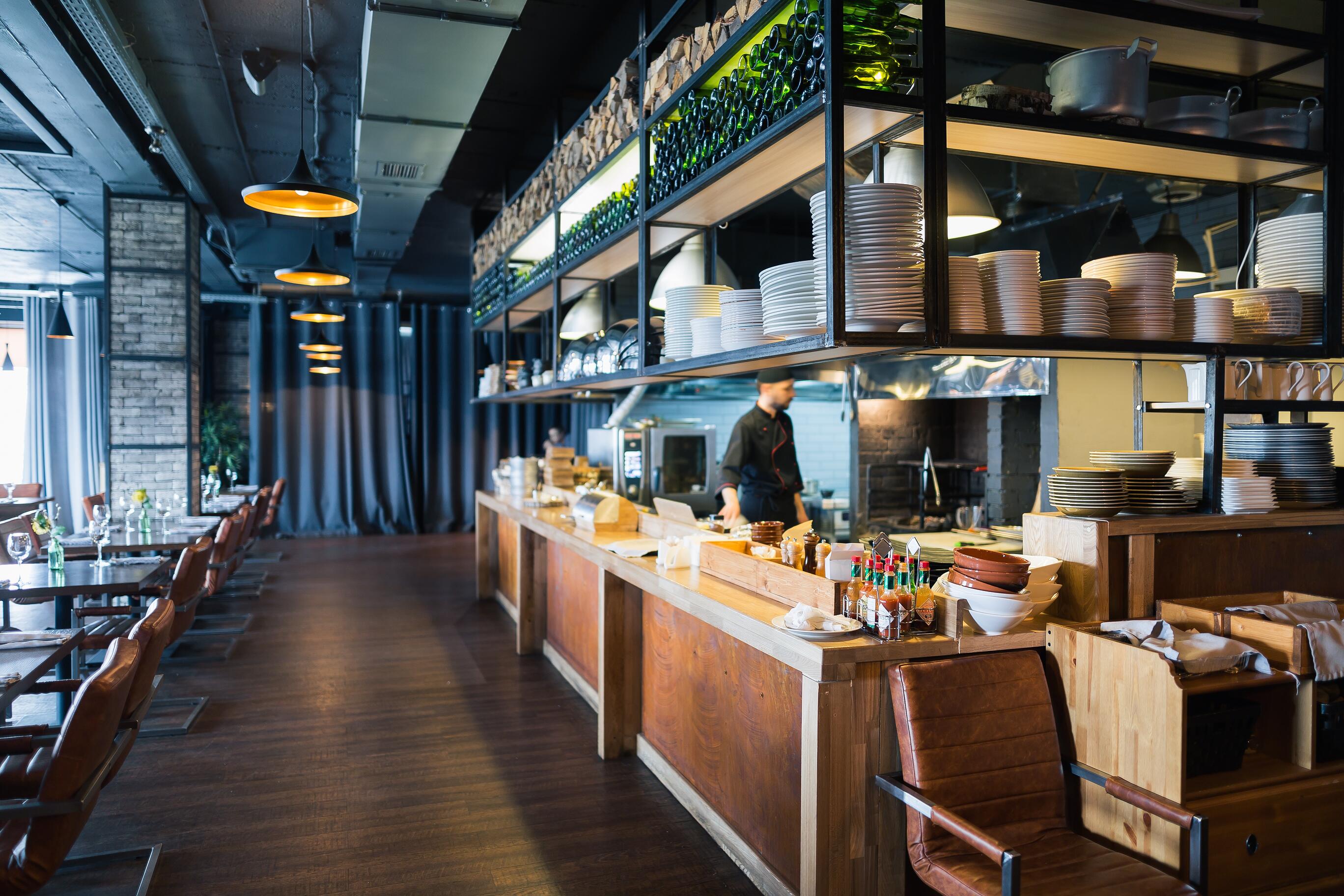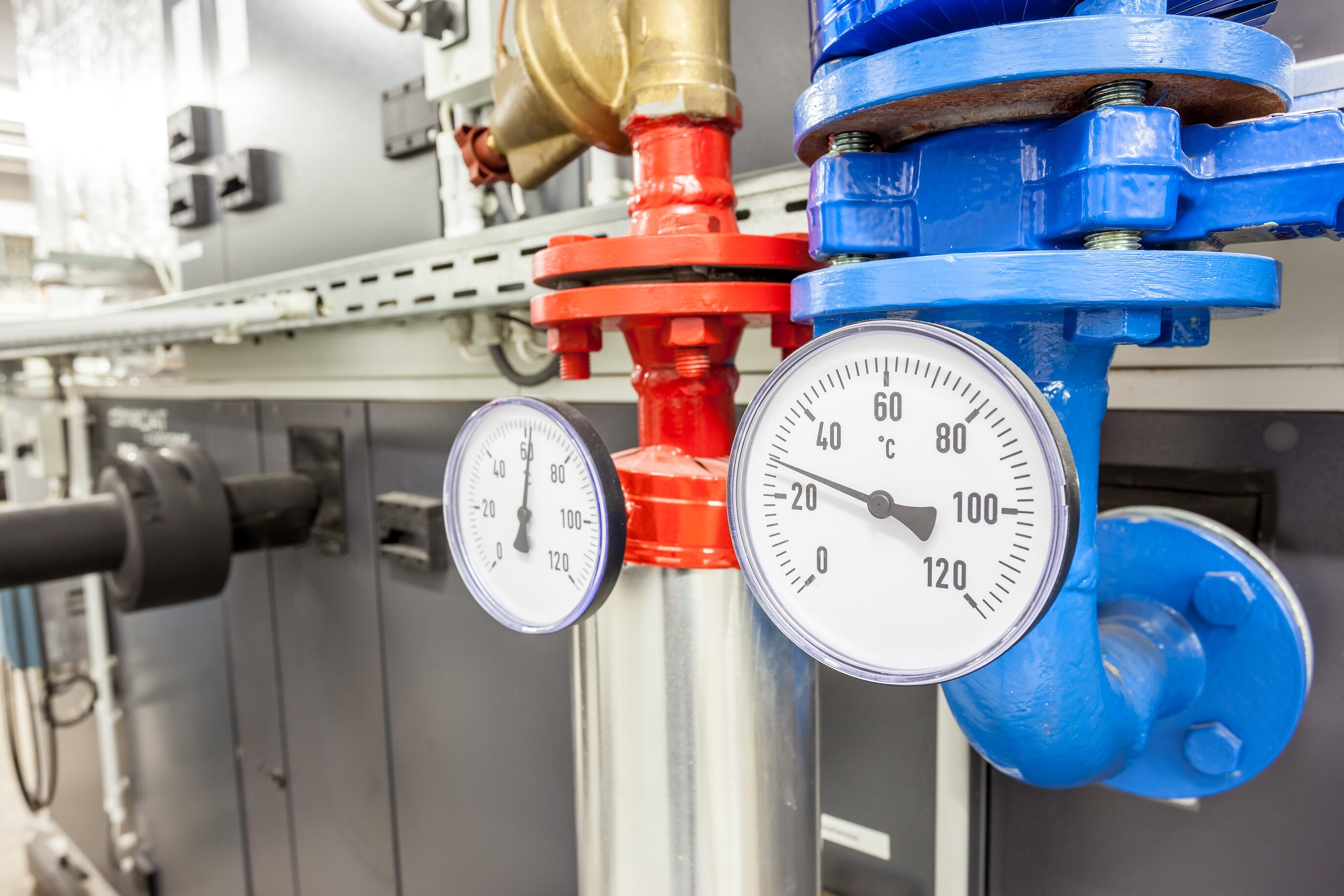Our Commercial Kitchen Hot Water Booster Solutions

Do you want to simplify and speed up your dishwashing process? NY Engineers are renowned for their unmatched commercial kitchen hot water booster design. We excel in all plumbing services; we ensure that the end user, you, gets the most efficient, cost-effective, and functional product to boost your business.
Integrating the hot water booster in a commercial kitchen requires a network of piping to supply it with water. Note that this machine only boosts the water that is already hot. For this reason, your current hot water supply should be functional. We can fix that too if it is problematic.
Not any hot water booster is complementary or compatible with your current dishwasher. Moreover, the hot water booster should be compliant with the sanitizing codes enforced by health departments in the US.
Commercial Kitchen Hot Water Booster Maintenance Solutions

How often should you maintain your hot water booster machine? This machine requires scheduled maintenance to retain its prime time for a long time. Failure to do that may incur exorbitant repair and replacement costs, and even energy bills if one component breaks and renders the machine useless.
Manufacturers have their recommendations as to how often they should be maintained. Stick to these recommendations. We have a long experience in design that includes these machines. As thus, we can help you keep your hot water booster revived.
How Commercial Kitchen Hot Water Boosters Simplify Dishwashing
Commercial kitchens get very busy, especially during peak periods, with many customers popping in for a plate of a hot meal. This becomes a challenge when it’s time to wash the dishes and then dish again for the next round of customers.
Unfortunately, hiring additional staff members for manual washing is not easy at all due to cost constraints. The best solution will be to rely on the best dishwasher.
Dishwashers are efficient in washing the dishes quickly at relatively higher temperatures, usually between 110 to 150 degrees. However, their temperature rating is inadequate to sanitize the dishes and kill the bacteria and viruses that could jeopardize the health of customers.
On the other hand, the United States is home to a number of food-regulating agencies such as the FDA, local and state health departments that enforce compliance with food codes and health hazards. One of the enforcement is that restaurant should sanitize their dishes with water temperatures over 180 degrees Fahrenheit. Combining the modern MEP designs with temperature controls can boost your commercial kitchen.
How is that achieved? It is through the hot water boosters that these temperatures can be reached. This means that the restaurant owner has to install the booster heaters to the existing water heaters to boost warm water and reach the required temperatures suitable to kill the bacteria and viruses for the safety of food lovers.
What is a hot water booster?
A hot water booster, as it’s self-explanatory in the name, is a specially-made water heater that boosts the already-hot water often used in dishwashing machines. Dishwasher machines often come in two settings, viz. a sanitizer with detergents such as iodine or chlorine, and the rinse setting with high-temperature water. The water is supposed to be extremely hot above 180 degrees Fahrenheit to successfully kill the bacteria and viruses on the dishes.
The Centers for Disease Control reports that there are a Legionella bacteria that is linked to water temperatures rated below 122 degrees Fahrenheit. This bacteria is notorious of causing a respiratory illness called Legionellosis. The commercial kitchen hot water boosters can be the best solutions to prevent the emergence of this bacteria.
Hot water boosters are indispensable in the commercial kitchen due to their wide array of benefits:
- They help kill waterborne organisms that survive at extremely high temperatures. A hot water booster can heighten the temperature reading to meet the sanitation codes enforced by health departments in the United States.
- Dry dishes quicker at higher temperatures. Water will evaporate quickly from the dishes immediately after being taken out of the machine. As a result, this provides a quick turnaround of the dishwashing process and eventually, more customers are served.
- Minimize hot water usage. They can mix cold water and hot water from the inlet and boost the temperature so that less hot water is used.
- They prevent bacteria-bound illnesses from affecting customers. Viruses and bacteria will not be a match to extremely high temperatures.
Installing the commercial kitchen hot water boosters
Commercial kitchen hot water boosters are compact; they do not take up much of the space when installed alongside the regular water heaters. Modern commercial kitchens are well-designed to maximize the available space for efficient day-to-day operations, thanks to innovative engineering and architectural designs and technologies.
For an efficient operation of the hot water boosters, they must be installed within an optimal plumbing network ꟷ an expertise possessed by experienced and qualified New York Engineers. Prior to the installation, however, the commercial kitchen owner must ensure that the booster heater has certain features:
- Temperature setting: the unit in question should allow the owner to configure with ease the temperature settings. It should at least have the temperature output of above 180 degrees Fahrenheit, which is best suited to kill germs.
- Quality design materials: while they come in different build materials; however, the stainless steel has proved to be durable and corrosion-resistant. There could be some booster heaters lined with cement, which are also good but do not surpass the quality of the stainless steel.
- Low water signal: to prevent the heater from overheating, there must be an automatic sensor when water levels are extremely low.
- Capacity: commercial kitchen often demands higher volumes of water to meet the demands for the day. As thus, the hot water booster has to have a large capacity enough to meet the demands. It should also meet the dishwashers flow rate measured in gallons per minute.
- Pressure requirements: the pressure should be sufficient that it provides enough water for dishwashing purposes. If the hot water booster is also used for handwashing, the pressure should be enough as a low pressure will often be disadvantageous to the busy staff; eventually, that could lead to a compromise of hygiene.
Also worth considering is the energy source to power the commercial kitchen hot water boosters. The available energy sources including the natural gas, steam, and electricity. Each of these has advantages and disadvantages as highlighted below:
Electric hot water boosters
These are the most common mainly due to their less expensive capital costs. It is easy to set them up with no complicated network of pipes compared to the other alternatives. However, the downside of this energy source is that it costs more on a monthly basis. And, besides, electricity produced by coal is nonrenewable.
Gas hot water boosters
Gas hot water boosters may work on either propane or natural gas (methane). The good side of gas-powered hot water boosters is that they are characterized by low utility costs compared to electric-powered counterparts. If the commercial building has the natural gas piping system already, it can be advantageous to opt for this option. However, many business owners, especially the startup establishments, are reluctant to consider gas options due to exorbitant capital costs. These are, however, offset by the lower utility costs over the duration of the gas-powered hot water booster for commercial kitchens.
Steam booster heaters
If the building already uses steam for heating purposes, the steam-powered hot water booster could be the best option too. It also comes with reasonable utility costs, but startup costs are out of reach to others. Nonetheless, they are worth the value of the investment.
Conclusion
Commercial kitchen hot water boosters play a pivotal role in many dishwashing machines: they help restaurants meet the minimum temperatures required for sanitizing their dishes as per the food codes enforced by the department of health and the FDA in the United States. The main purpose of this enforcement is to kill bacteria and viruses that could compromise the health of restaurant eaters.
To efficiently install these hot water boosters, restaurants need qualified and experienced engineers or plumbers. Business owners should also take into account the various features as highlighted in here before purchasing these booster heaters.
The main function of the hot water booster is to boost the temperature of the warm water to above 180 Fahrenheit. Usually, the conventional water heaters temperature rating range from 110 to 150 degrees Fahrenheit, which is insufficient to meet the standards.





